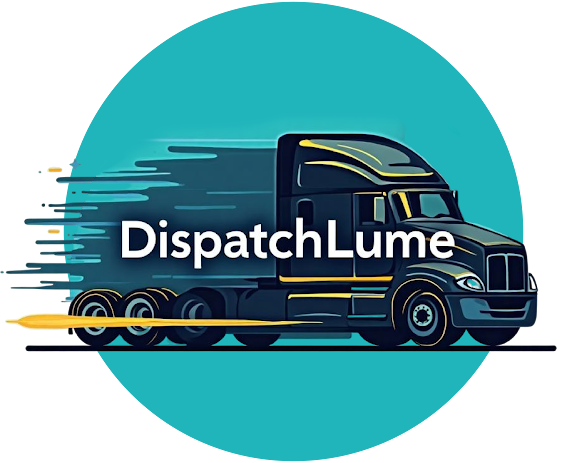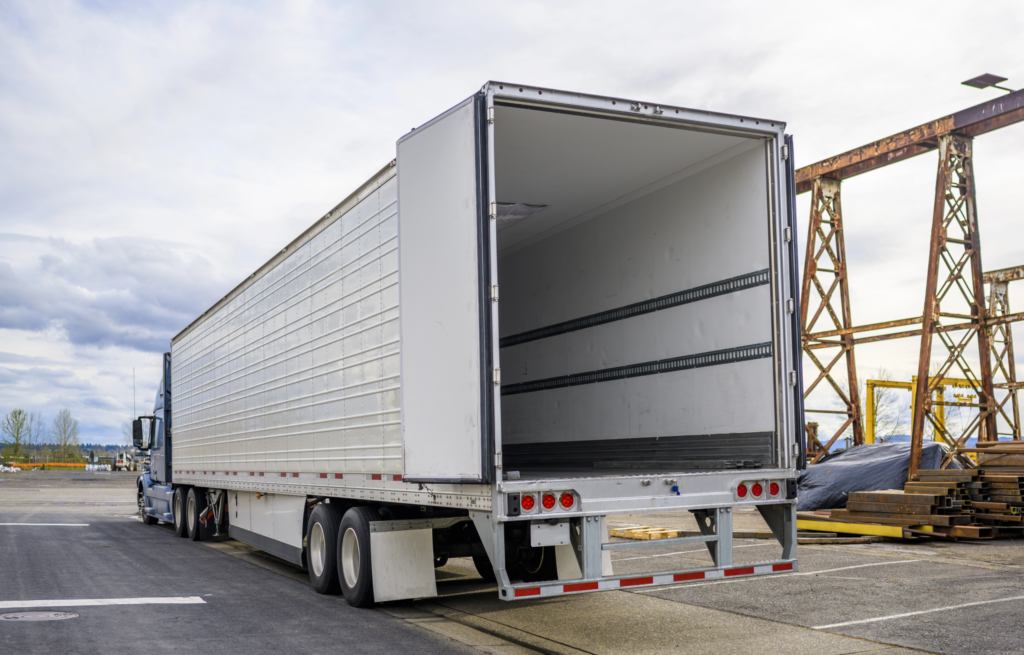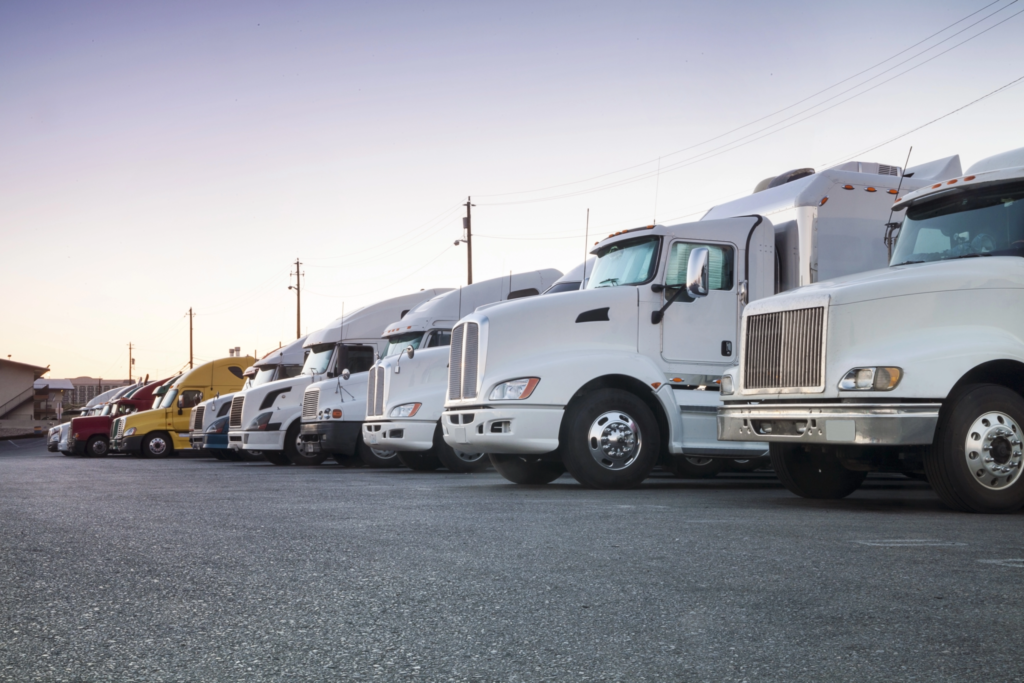Cargo Theft on the Rise: How the Trucking Industry Can Respond?
Cargo theft is reaching critical levels across the entire logistics system. This poses serious challenges for shippers, drivers, and supply chains. Different forms of argo theft, such as broker fraud or shipment interception, cost supply chains up to $35 billion annually. In 2024, in North America, cargo theft incidents increased by 27% to 3,625 reported cases. The financial losses totaled $154.6 million, with an average stolen shipment valued at $281,757. Crimes are mostly committed by repeat offenders, while only one in 10 results in an arrest, according to the American Trucking Associations. Thieves mostly target high-value goods, such as electronics, pharmaceuticals, and food products, as they are easy to resell. As criminals become more organized, the trucking industry faces increasing pressure to strengthen cargo security and protect its operations. In addition to the immediate loss of goods, these incidents can disrupt logistics processes, delay deliveries, and increase operational costs for motor carriers and shippers. The ripple effect extends to consumers, who may face higher prices and limited product availability. Addressing the escalating freight theft crisis requires joint efforts from all stakeholders involved in supply chain operations. This includes the use of robust security measures such as GPS tracking, video surveillance, and stringent verification processes for authorized personnel. Common Cargo Theft Cases Certain states bear the burden of cargo theft. For example, California and Texas accounted for more than half of all reported thefts. These cases frequently occur at: Cargo thieves often use a mix of traditional and modern tactics. While straight theft (physically stealing loads from parked vehicles) remains common, the number of cases of strategic cargo theft has also increased. This includes fraudulent schemes where criminals pose as authorized personnel, create fake trucking companies, or use identity theft to hijack shipments.



